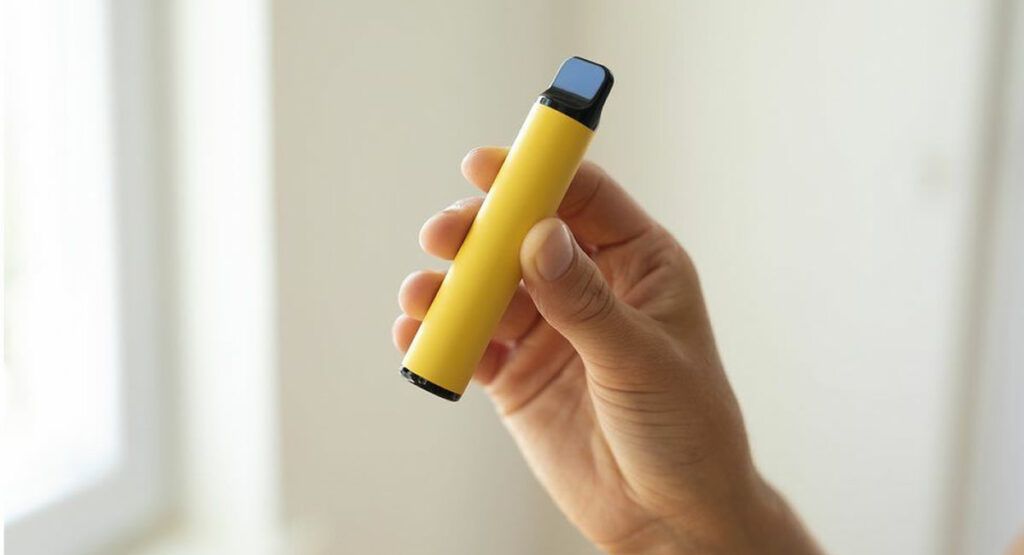The New Zealand government has announced new rules aimed at limiting vaping access and appeal for teenagers and children. The regulations take effect on September 21, 2022.
Removable Batteries, Location Limits Among Key Changes
“All vaping devices sold in New Zealand will need to have removable batteries. This will make them safer,” said Health Minister Ayesha Verrall. The government will also prohibit new vape shops from operating within 300 meters of schools and marae.
Vapes will require child safety features under the new policies. flavor names like “cotton candy” and “strawberry jelly donut” will be banned, with only generic flavor descriptions like “berry” allowed.
Nicotine Concentrations Reduced to Limit Addiction Risk
The regulations also reduce the maximum nicotine concentration permitted in vaping products. For single-use devices, the limit drops to 20mg/mL. Reusable vapes can contain up to 28.5mg/mL nicotine if in salt form only.
“We have set the maximum nicotine levels to balance the need for sufficient nicotine to be an effective smoking cessation device, while limiting the risk of nicotine addiction, especially for young people,” said Minister Verrall.
Officials hope restricting nicotine content will curb addiction rates among youth experimenting with vaping. The government will monitor the impact and consider additional measures if youth vaping remains high.
New Rules Aim to Reduce Appeal to Kids
“We want vapes as far from the minds and reach of children and young people as possible,” Verrall explained. In addition to location limits, safety mechanisms, and restricted flavors, the regulations intend to make vaping less enticing to teenagers.
However, the government also wants to maintain access to vapes as a smoking cessation tool for adults. Officials acknowledge the need to strike a balance between preventing youth uptake and enabling adults to quit cigarettes.
Ongoing Efforts to Curb Smoking and Vaping
According to Minister Verrall, the regulations align with New Zealand’s overall goal to end tobacco addiction. “We’re creating a future where tobacco products are no longer addictive, appealing or as readily available, and the same needs to apply to vaping,” she said.
While vaping plays a role in smoking cessation, data showed an uptick in youth vaping from 2018 to 2020. This prompted efforts to reduce the appeal and accessibility of vapes to protect children. Further regulatory action remains possible if vaping rates do not decline.
- UK Tobacco Ban 2026: The “Smokefree Generation” Law - March 4, 2026
- Myanmar Enacts Total Ban on E-Cigarettes and E-Shisha - February 25, 2026
- UK Announces Mandatory Vape Tax and Duty Stamps from 2027 - February 10, 2026


